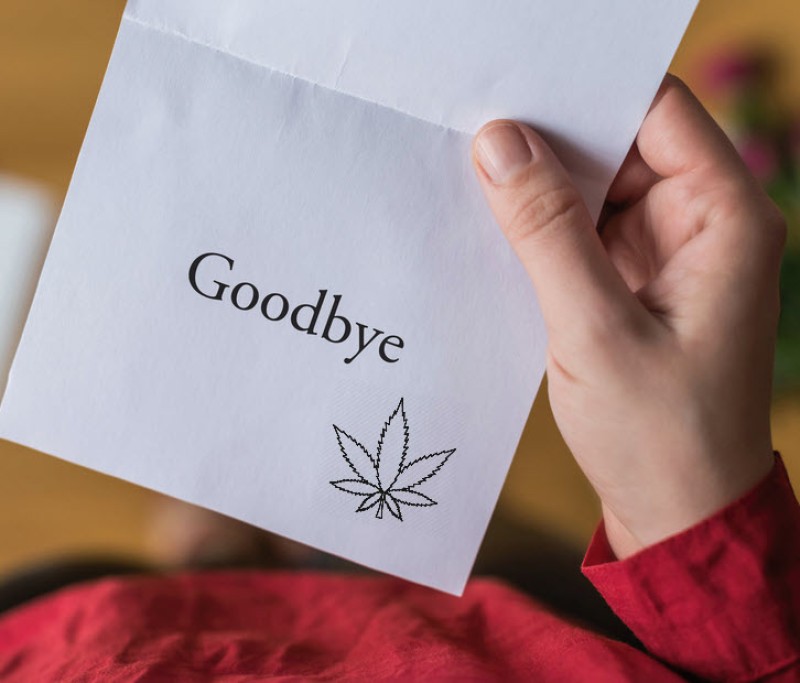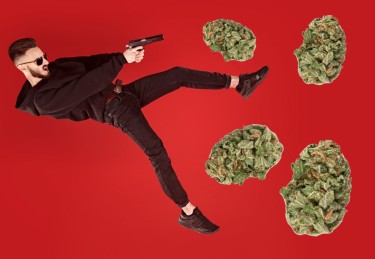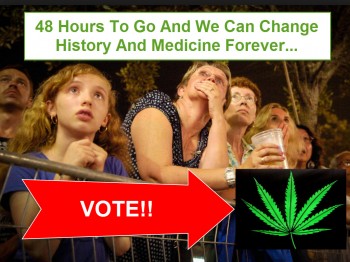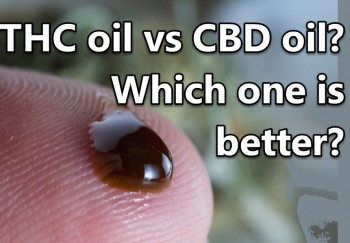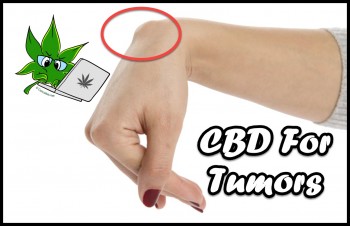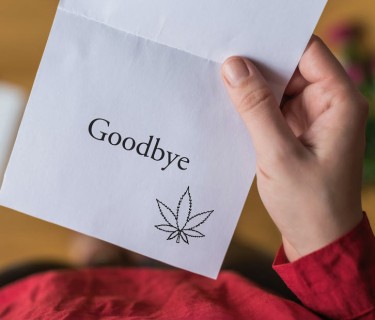
In the wilds of North Texas, a K-9 with a keen nose for trouble sniffed out a suspicious pair of travelers, who were hauling a trailer overflowing with illicit substances worth a staggering $1.7 million. The two individuals, who claimed to be en route to a funeral or a furniture-shifting jaunt to Tennessee, were pulled over by a Wise County deputy after their pickup truck was spotted swerving erratically.
The driver, who was described as being as nervous as a cat in a room full of rocking chairs, attempted to convince the officer that he was simply rushing to mourn the loss of a loved one. Meanwhile, the grandmother in the passenger seat spun a tale about the trailer being full of furniture, hoping to distract the officer from the pungent odors emanating from their stash.
But K-9 Benni was not to be fooled. With a flick of his sensitive snout, the canine cop detected the heady aromas and promptly alerted the deputies on scene. Upon opening the trailer, the officers were greeted with a sobering sight. Instead of furniture, they found 31 sealed moving boxes, brimming with 840 pounds of premium grade marijuana, 242 pounds of candy bars infused with psilocybin mushrooms, and 1,100 THC vape cartridges. The estimated value of the cache was a cool $1.7 million.
The arrest of the driver and his grandmother was a swift crackdown by the state, under the guise of protecting society from the "evils" of controlled substances. Yet, what the state is really protecting is their monopoly on the definition of consciousness and their right to dictate what we can and cannot ingest.
In reality, the seizure of drugs worth $1.7 million is not a victory for the state, but a reminder of the failure of the War on Drugs. Instead of addressing the root cause of drug use, the state's oppressive stance on individual liberty and the pursuit of happiness only serves to turn them into the enemy of the people.
The fact that the market demand for these substances remains high, despite the bust, highlights the absurdity of the state's approach. By failing to address the market demand, the state not only misses out on potential tax revenue, but they also drive up the value of these substances on the black market.
It's no secret that the War on Drugs is a complete failure. The state is swayed by corporate interests, and politicians are more concerned with lining their pockets than representing the people. The sad truth is that there is a significant profit to be made from the drug trade, and politicians are more than happy to benefit from it.
However, the real question is – what can we do about it?
A Call for Consciousness Upgrade
What can we do about this injustice? The answer lies in a shift in consciousness. While it may sound vague and abstract, a reality shift is just a change in the dominant paradigm. It's challenging for an individual to bring about significant change when it comes to the state, as history has shown us with the assassinations of leaders like Martin Luther King and Jesus. However, the collective power of a community can make a substantial impact.
I believe that the key to real change is a consciousness upgrade. It's challenging for the average person to influence the state's machinery, but it's not impossible. The state recognizes that certain individuals have the power to shift mass consciousness due to their charisma and message, but for most of us, our impact is limited.
The answer to beating the seemingly unbeatable state lies in making it irrelevant. This is where the upgrade in consciousness comes into play. While there's growing support for cannabis legalization, it's essential to recognize the corruption present in governments around the world and hold these politicians accountable. Unless we do this, we'll be stuck in this endless cycle of injustice. The time has come for a ruthless awakening and a shift in consciousness.
But how does one do this?
I’m so glad you asked…here’s my top tips on how you can shift your consciousness and help bring about a better future.
Reginald’s top tips for consciousness shifting
Here’s 5 things I believe that if we all do them, on an individual plane – we’ll be able to transcend our current system.
We can quiet our brains, gain insight into our own ideas and views, and confront any restricting or dogmatic beliefs that hold us back by consistently practicing meditation and self-reflection. As a result, we are able to feel more powerfully connected to our inner selves and our own inner truth.
Positive Energy Surroundings: The people, places, and experiences we choose to surround ourselves with have a significant influence on our consciousness. We can build a more upbeat and proactive state of being by avoiding negative influences and seeking out positive, uplifting energies.
Participating in Acts of Service: It has been demonstrated that participating in acts of service, such as volunteering, making charitable contributions, or just showing a little compassion to others, increases emotions of satisfaction, meaning, and connection. When we serve others, we not only help to change the collective consciousness in a positive way, but we also undergo a change in consciousness ourselves.
Keeping Up-to-Date and Informed: Education and informed participation are effective instruments for affecting consciousness. We can test our own assumptions and viewpoints and develop the ability to view the world from a variety of angles by remaining educated about current events and topics. This enables us to develop a more complex view of the environment and how we fit into it, which can help us make decisions and take proactive activities that are well-informed.
Developing Gratitude and Positive Thoughts: Our experience of the world is greatly influenced by the thoughts and words we choose to describe it. We may change our consciousness to a more upbeat and proactive state and, as a result, encourage those around us to do the same by practicing appreciation for the wonderful things in our lives and focusing on positive ideas and experiences. This may contribute to a good transformation that spreads and eventually causes a change in the general consciousness.
The collective consciousness is made up of all individual consciousness’s, and when an individual changes anything inside themselves, it may have repercussions on the collective consciousness as a whole and ultimately affect society. We obtain a sense of agency and the ability to make a good contribution to the group consciousness by accepting our personal power. It starts a chain reaction of positivity and progress in the collective consciousness as more people embrace this mindset and consciously choose to change their own views and beliefs. A better world for everyone results from society being more peaceful, sympathetic, and in tune with the larger good.
Corruption is challenging to survive in a culture where people value peace, empathy, and the greater good because these values operate as a counterbalance to destructive forces. People are less inclined to act in ways that are detrimental to the community's wellbeing when they are connected to one another and to a greater goal. Empathy promotes people to think about how their activities affect other people, which can help to prevent harmful behavior and motivate people to act in the group's best interests. A focus on the larger good also contributes to the development of a common vision and purpose that can act as a compass, directing people and society. When everyone upholds these principles, unscrupulous people find it harder to push their own agendas at the expense of the community because they will encounter resistance from the group. We build a society that is more resilient and less susceptible to corruption by supporting these ideals.
Corruption thrives on the principle of compliance. When people comply with unethical or illegal actions, it creates an environment in which corruption can flourish. This is because corruption requires active or passive involvement of individuals in order to succeed. When people comply, it provides support for corrupt individuals or institutions and reinforces their actions.
For example, if an individual is offered a bribe, they have a choice to either accept it or refuse it. If they accept the bribe, they become a willing participant in the corrupt act and contribute to its success. On the other hand, if they refuse the bribe, they deny support to the corrupt individuals and break the chain of corruption.
Similarly, when people comply with laws, rules, and regulations that enable corruption, they provide a supportive environment for corrupt individuals or institutions to thrive. They may do this out of ignorance, fear, or self-interest, but the result is the same: they help to sustain corruption by reinforcing its power and influence.
Therefore the advice from one of the greatest civil rights activists of modern US history is still relevant today;
“One has a moral responsibility to disobey unjust laws.”
― Martin Luther King Jr.

